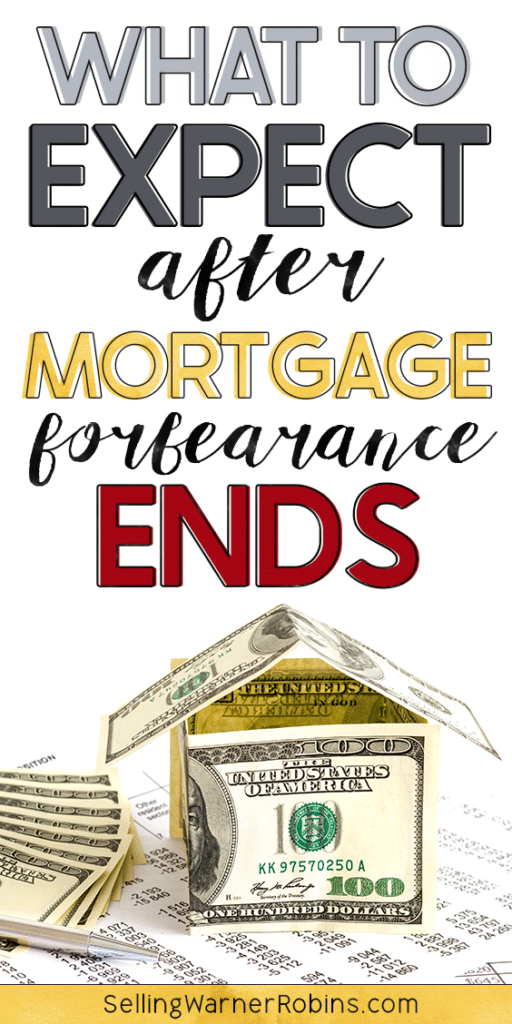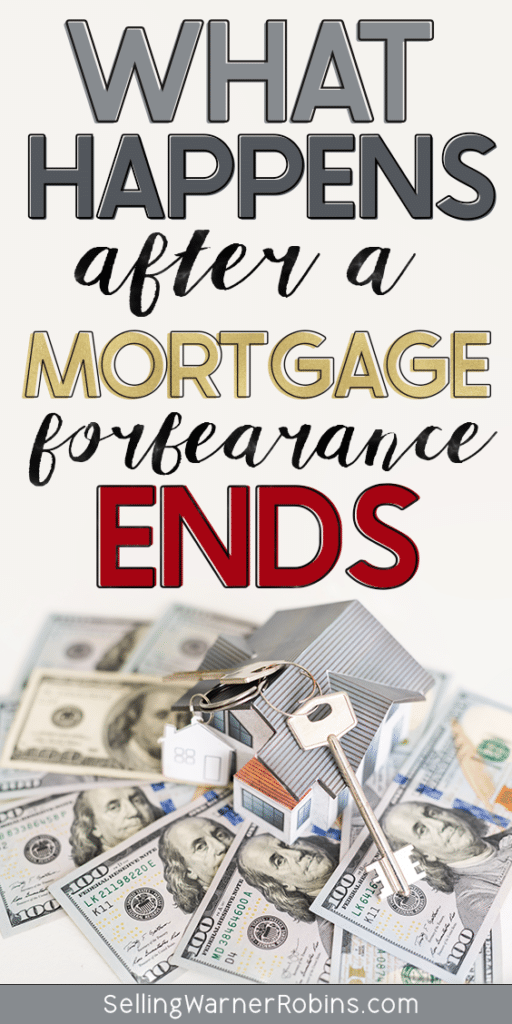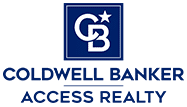What to Expect After Mortgage Forbearance Ends

Mortgage forbearance programs were just one way the government helped millions of Americans during the pandemic. Forbearance provided relief from hardships when many were out of work or working fewer hours. However, forbearance always comes to an end, and many homeowners have already started paying back their loans. You can qualify for forbearance during other periods of hardship by requesting forbearance from your lender.
Whether you are a rental property owner or a homeowner, you might be wondering what will happen after your forbearance period ends since it is only a temporary solution. Unfortunately, there is no simple answer; it all depends on the agreement between you and your lender. Here is what you can expect after mortgage forbearance ends.
Reinstatement

After forbearance ends, you might be subject to reinstatement in which homeowners pay a lump sum that covers the number of payments that were reduced during the forbearance period. During reinstatement, you’ll start making regular payments again in the same amount you paid before your forbearance period. Essentially, everything returns to business as usual.
Repayment Plan
You might be given a repayment plan that will divide the amount you weren’t required to pay during the forbearance period. You’ll pay those in installments that will be added to your regular mortgage payment.
However, there will likely be interest and fees on top of that. The number of installments you pay will be negotiated between you and your lender, but it will depend on your ability to make payments and typically won’t be longer than one year. By increasing the number of installments allowed, you can lower your monthly payments. However, it will add to your total interest.
Modification
Depending on your lender, you might be eligible for a mortgage modification, which permanently changes your loan and can reduce your monthly payment. With modification, the amount you were excused from during the forbearance period will be added back into your total loan amount, and you’ll be given a new payment structure, so you’ll pay more than you used to during your monthly period.
A modification can extend your repayment period by a certain number of months as agreed to by you and your lender, and it can add to the total amount you pay over the life of the loan.
When CARES Act Forbearance Ends
If you got mortgage forbearance under the CARES Act during the pandemic, your loan provider could not require you to repay any excused payments or extra interest in a lump sum. There are many options for homeowners, from a mortgage refinance to agreements between them and their lenders. Instead, lenders can have homeowners repay their home loans after the forbearance period in the following ways:
For Conventional Loans
- Enter into a repayment plan to cover past-due payments
- Extend the mortgage term
- Add past-due bills to the loan balance and extend the loan terms by the right number of months to keep monthly payments the same as they were before the forbearance period
- Add past-due amounts into the loan and extend the loan term to 40 years instead of the typical 30
For FHA Loans
- FHA loan lenders have their own set of rules to follow for asking borrowers to repay loans. These include:
- Enter a repayment plan to cover past-due payments within six months
- Extend mortgage term by adding past-due amounts to the total balance of the loan
- Pay off past-due amounts at the end of the loan in a lump sum
For VA Loans

- VA loan lenders can offer any of the following options to VA borrowers:
- Enter into a repayment plan to repay past due amounts within six months
- Past due amounts can be added to the loan balance with loan term extended
- Aim to keep monthly payments no more than a certain percentage of the borrower’s income and extend the loan terms.
For USDA Loans
- USDA loan lenders can offer borrowers the following forbearance repayment options:
- Enter into a plan to repay past-due amounts within six months of forbearance ending
- Add past-due amounts to loan balances and extend the terms of the loan so payments will be equal or lower to the previous bills
- Repayment is provided in a lump sum after the final loan payment is made
Lenders that do not issue non-federally backed loans do not have to take action under the CARES Act. However, many of them have still been flexible when dealing with borrowers’ needs during the pandemic.
Contact Your Lender to See What’s Available for You
After forbearance ends, you still have options. Remember, forbearance is not loan forgiveness, so you’ll be required to pay back your loan. It’s best to contact your lender to learn what your options are after forbearance ends. If you’re still unable to pay back your mortgage loan due to job loss, you should talk to your lender as soon as possible.
Unfortunately, you should expect delays when trying to speak with your lender. Many homeowners are in the same situation you are in and need to speak with someone, so many lenders are occupied. Loan providers may not be properly staffed to handle the number of requests coming in at one time, but you shouldn’t give up on contacting them because you’re responsible for paying back your loan no matter what.
While you’re waiting to hear back from your lender, check your credit report to ensure that late or missed payments weren’t reported. The CARES Act states any late payments should not be reported during the forbearance period, so you’ll need to be ready to dispute any findings to the major credit bureaus.
Whether you have a conventional loan, FHA loan, USDA loan, or any other type of loan, make sure you contact your provider as soon as possible if you believe you won’t’ be able to pay your monthly mortgage payment. You should also learn what is expected of you after forbearance ends so you can better prepare or come to a mutual agreement with your lender if necessary.
What is Mortgage Forbearance?
About Anita Clark Realtor
Anita Clark has written 672 posts on this blog.
by Anita Clark Anita is a residential Real Estate Agent in Warner Robins Georgia, with Coldwell Banker Access Realty (478) 953-8595, aiding buyers and sellers with all their real estate questions on her Warner Robins blog.




